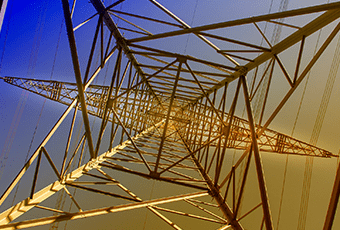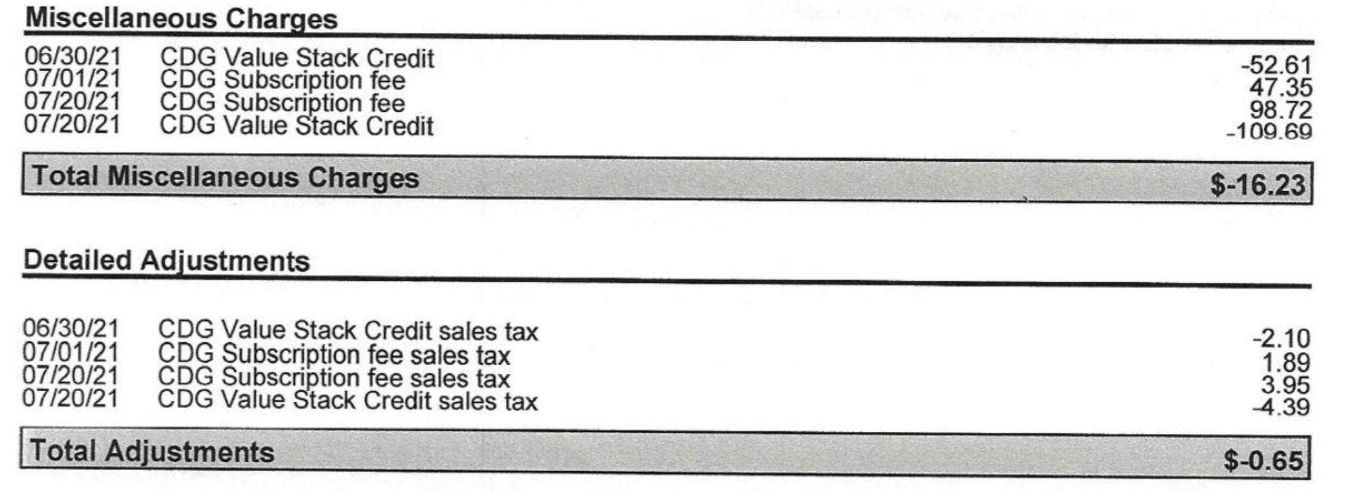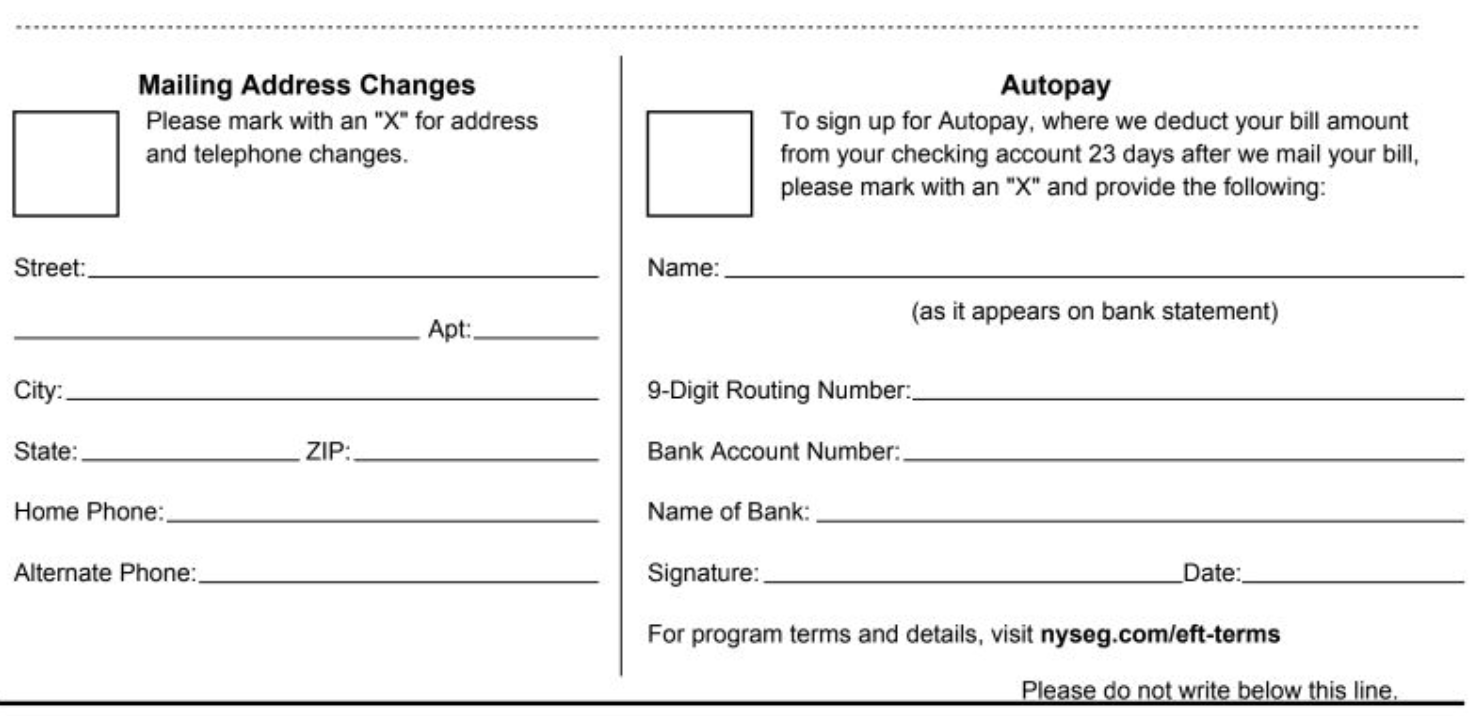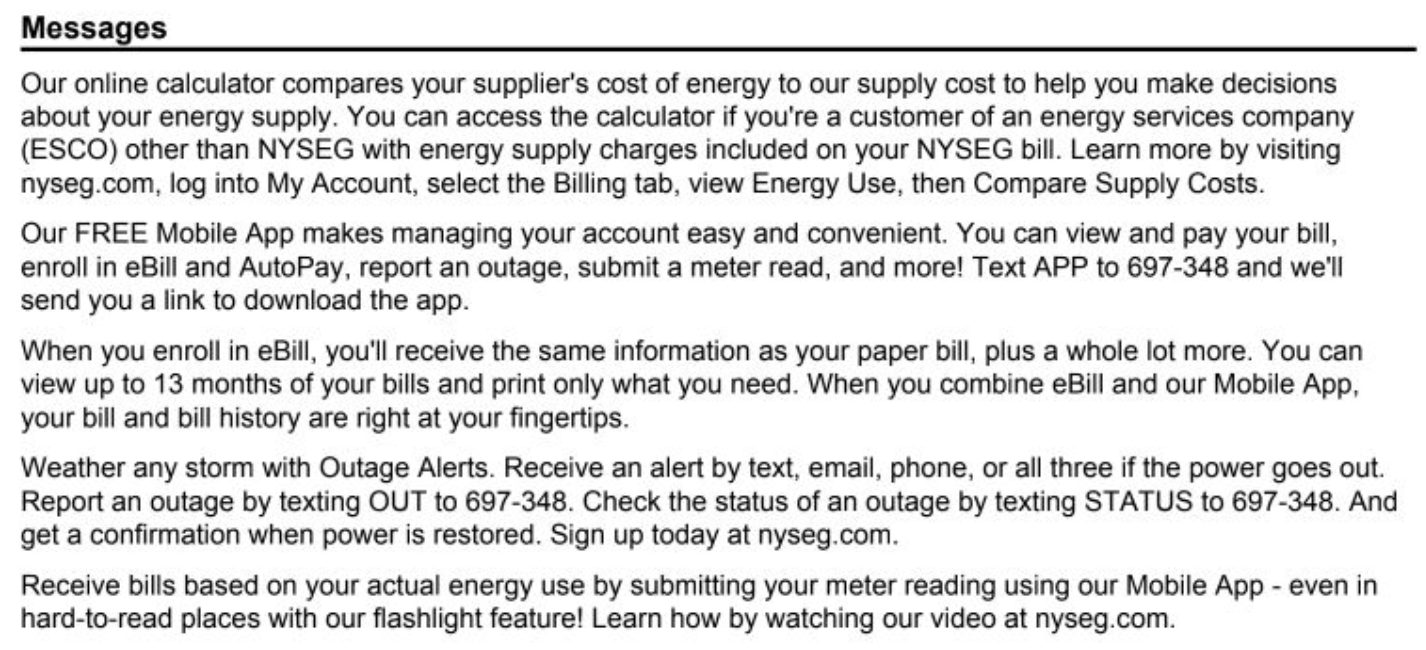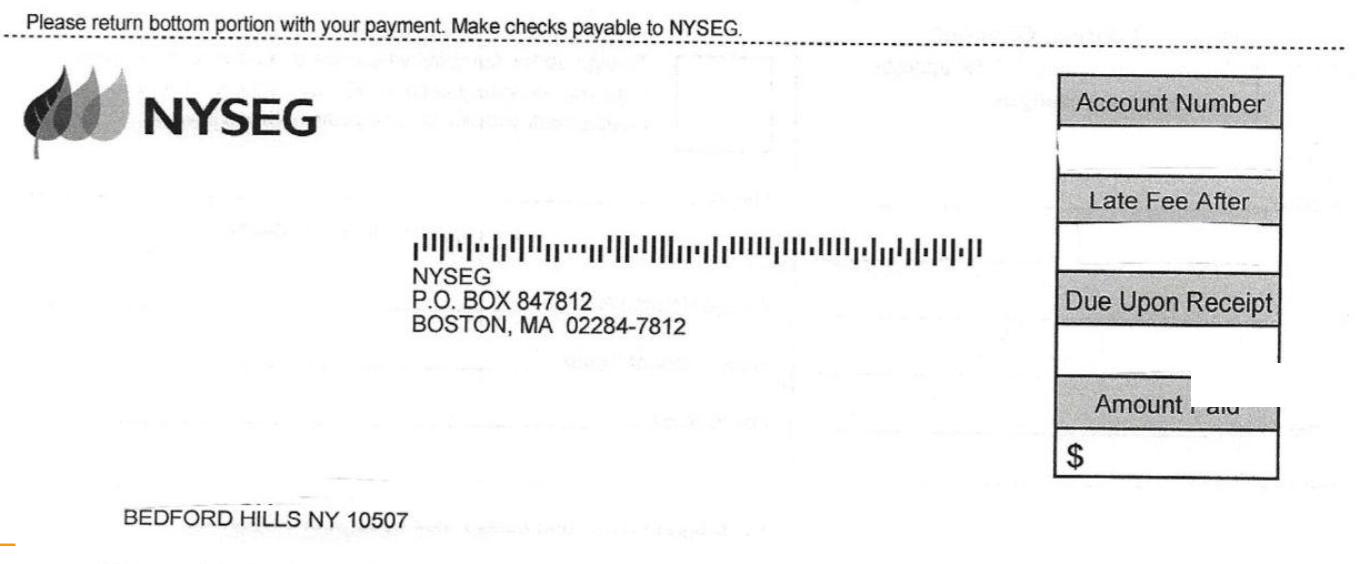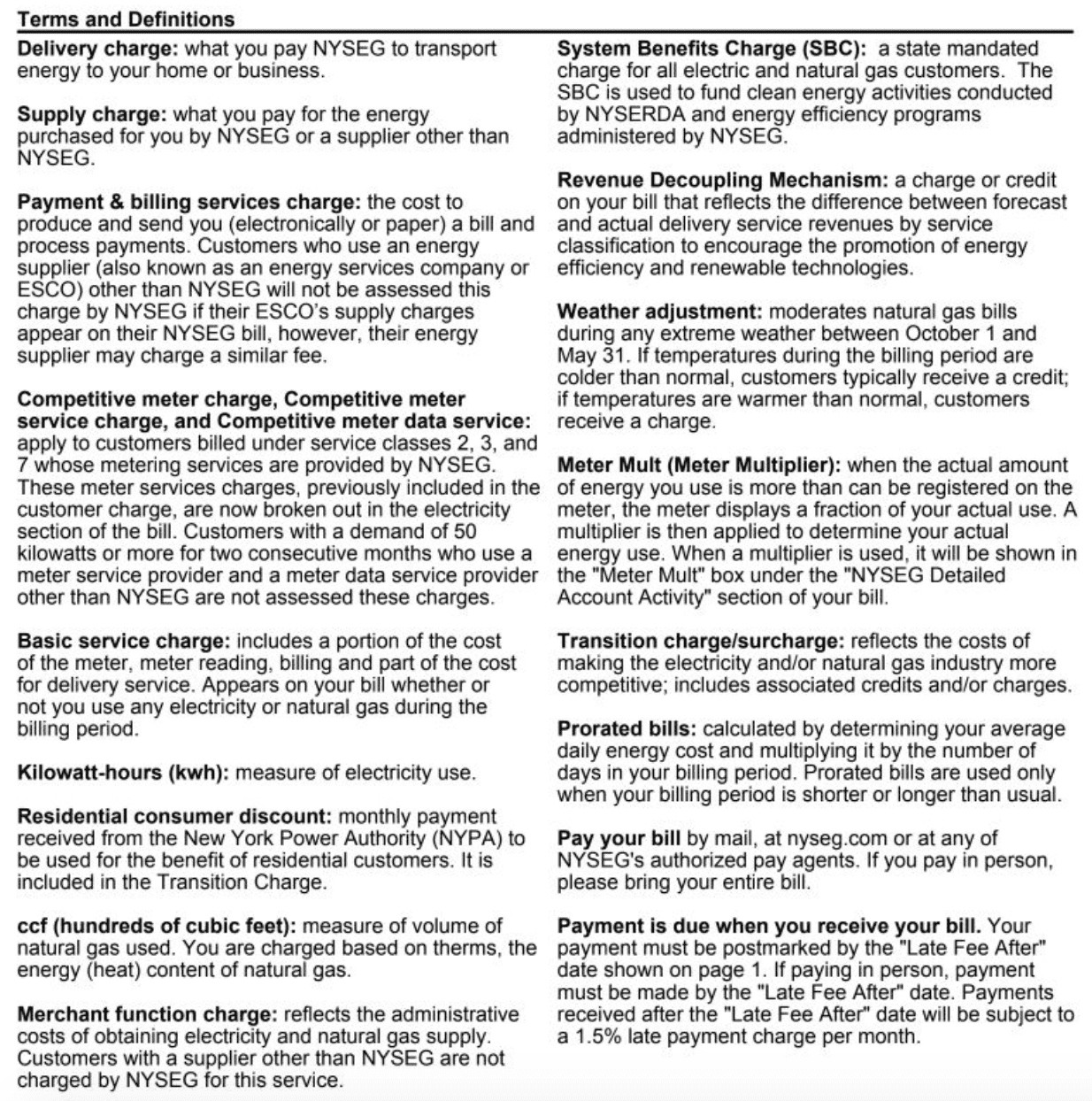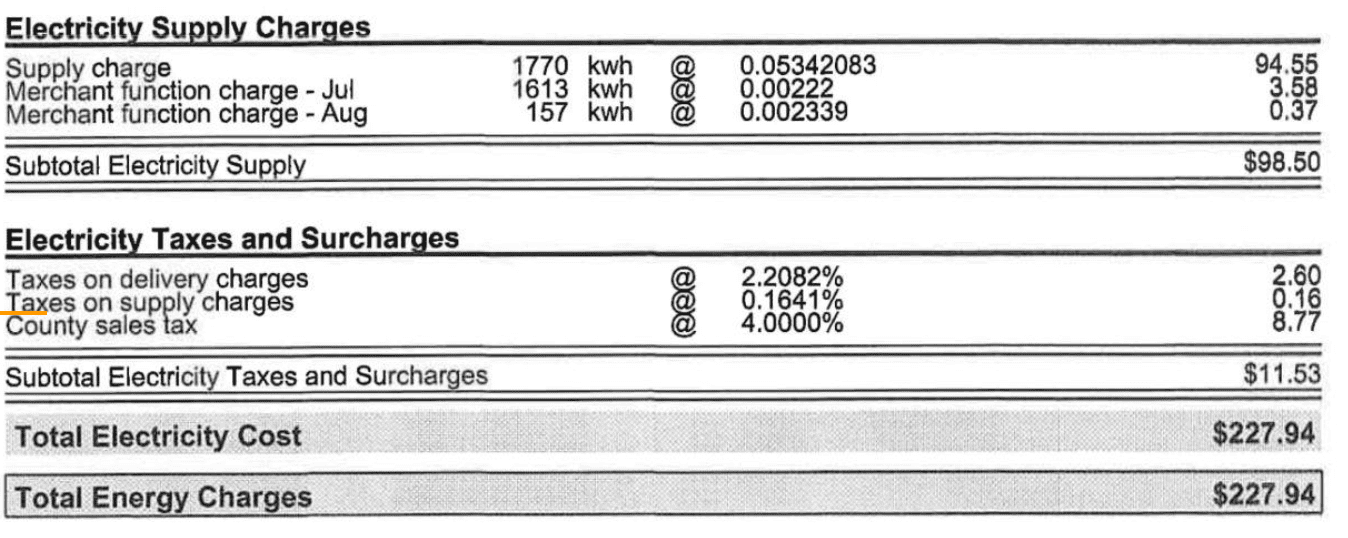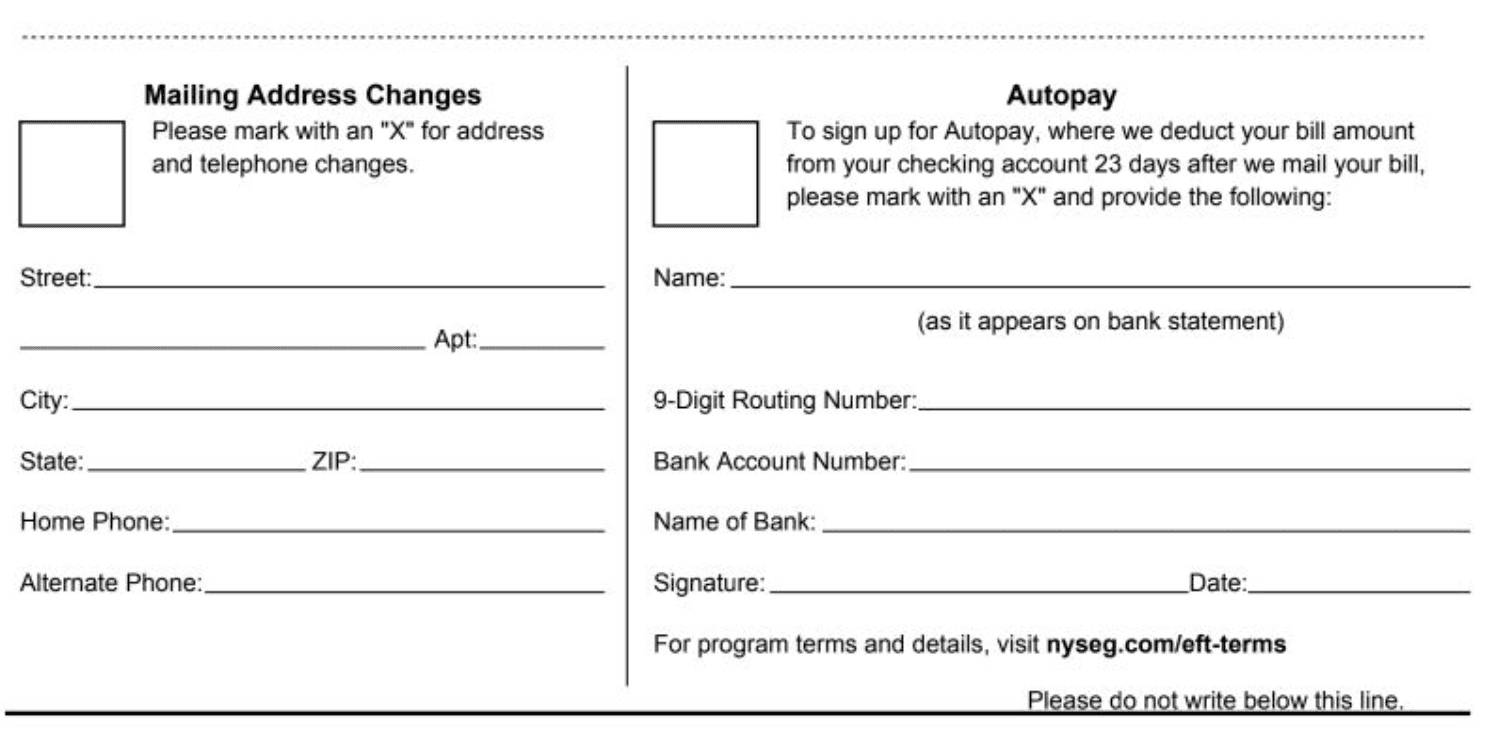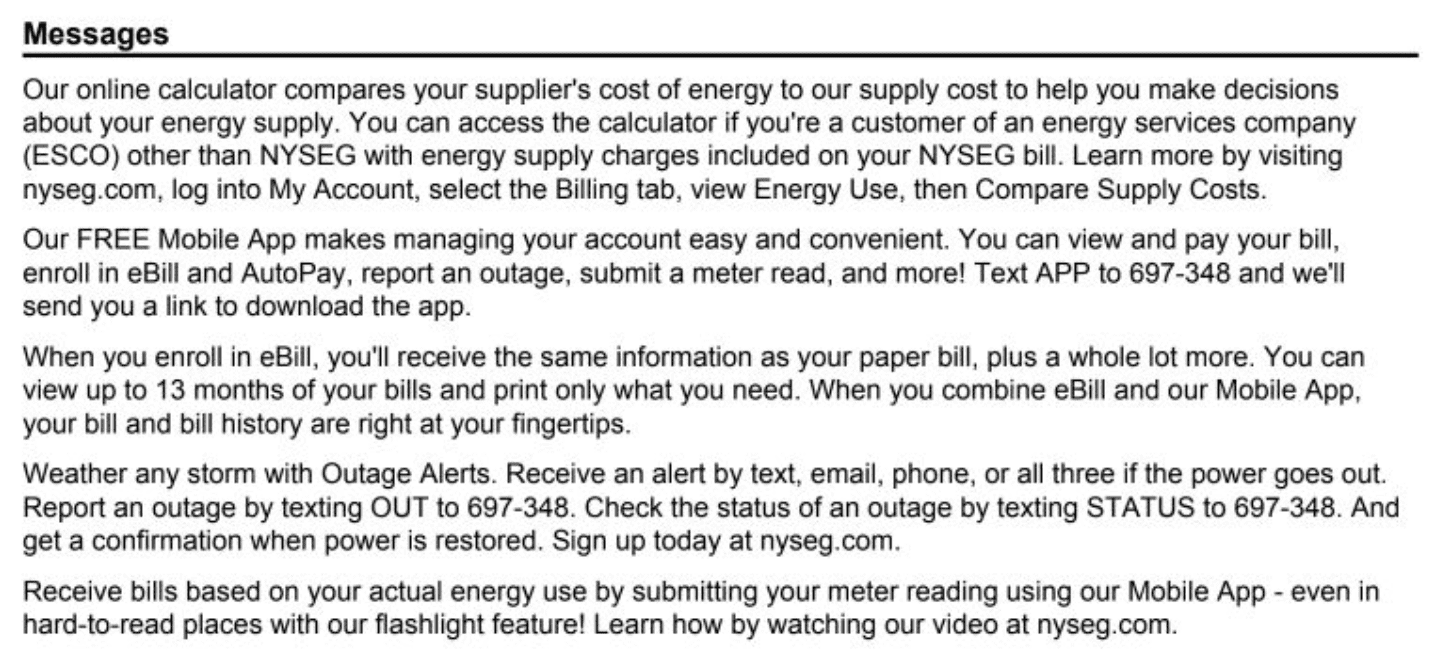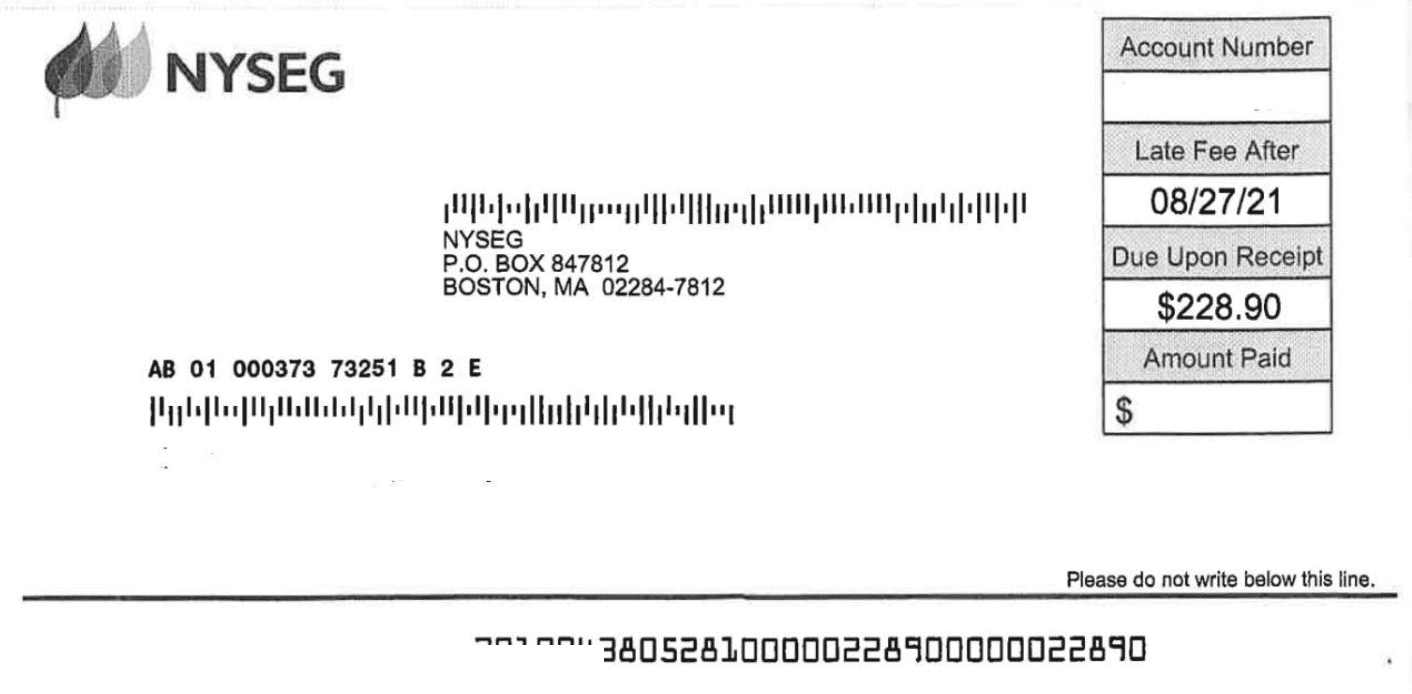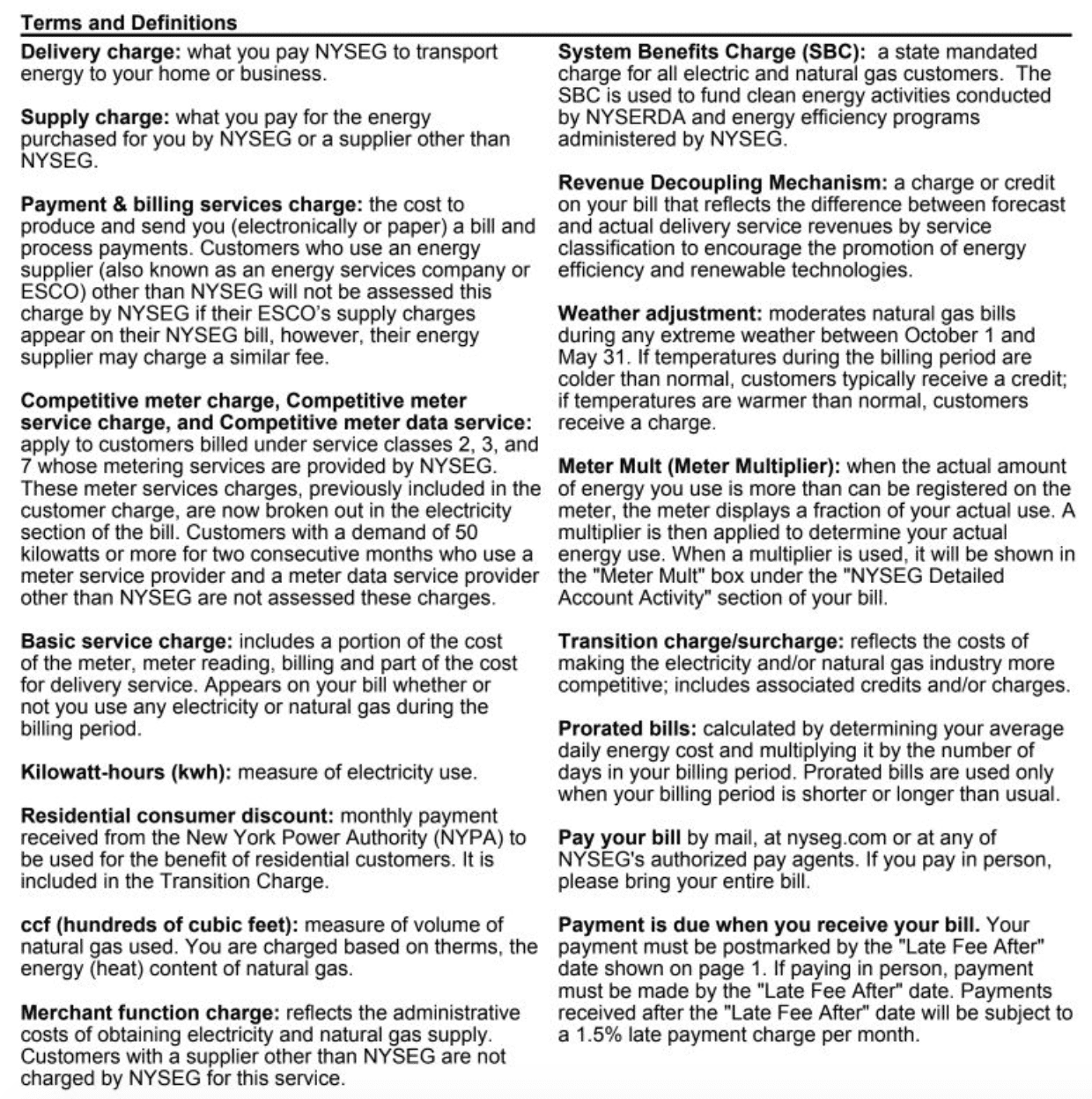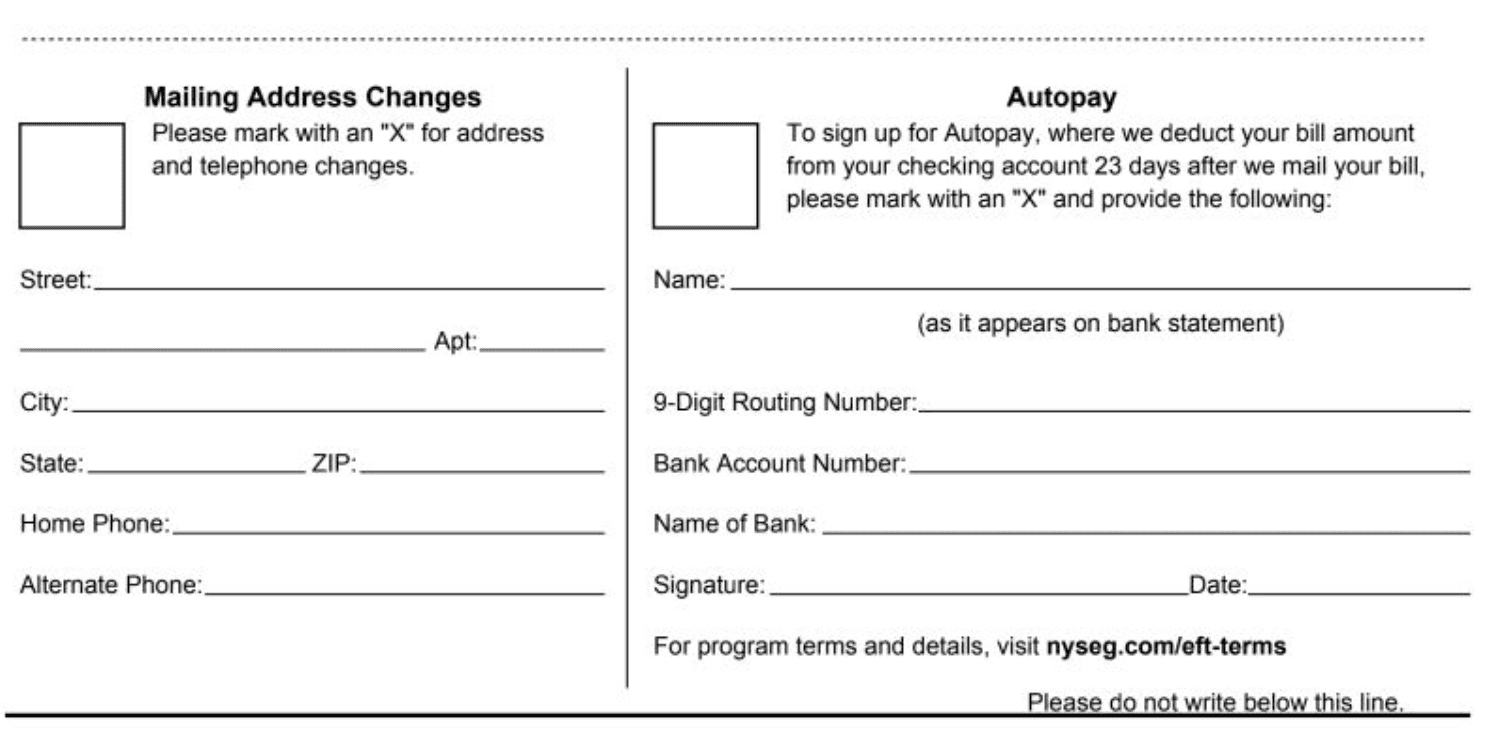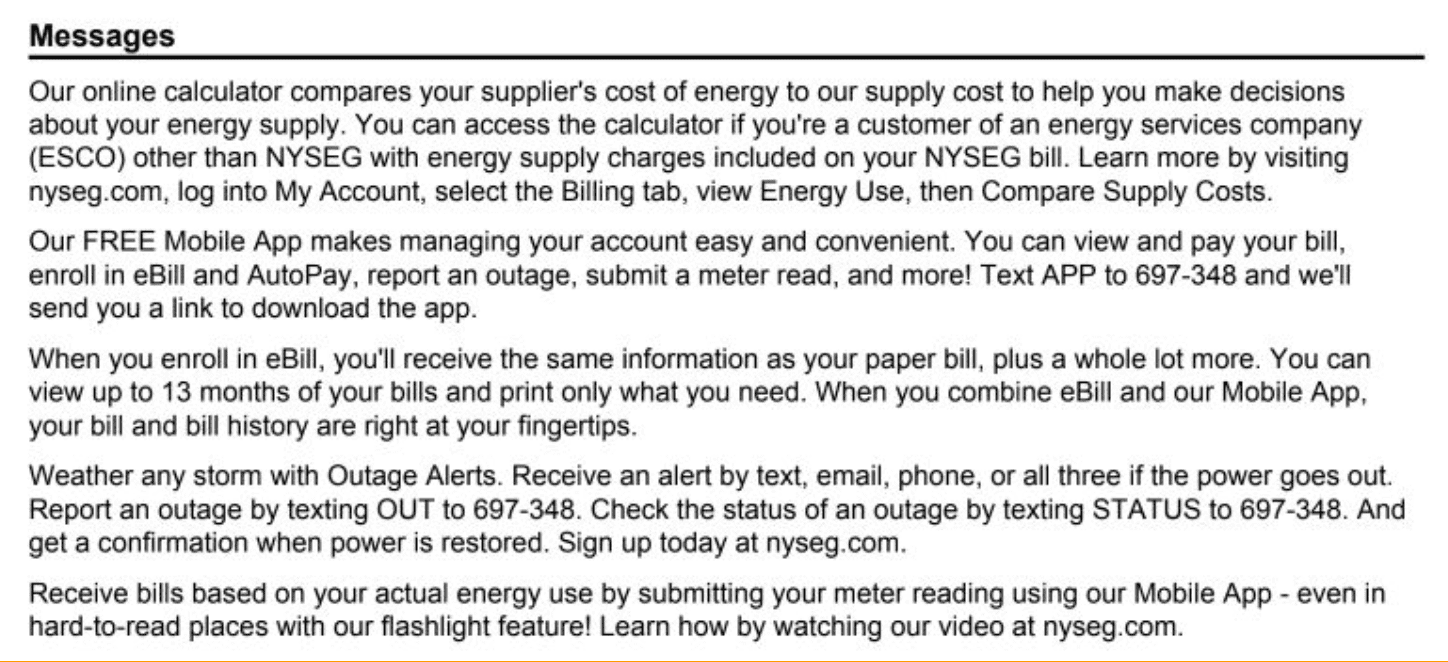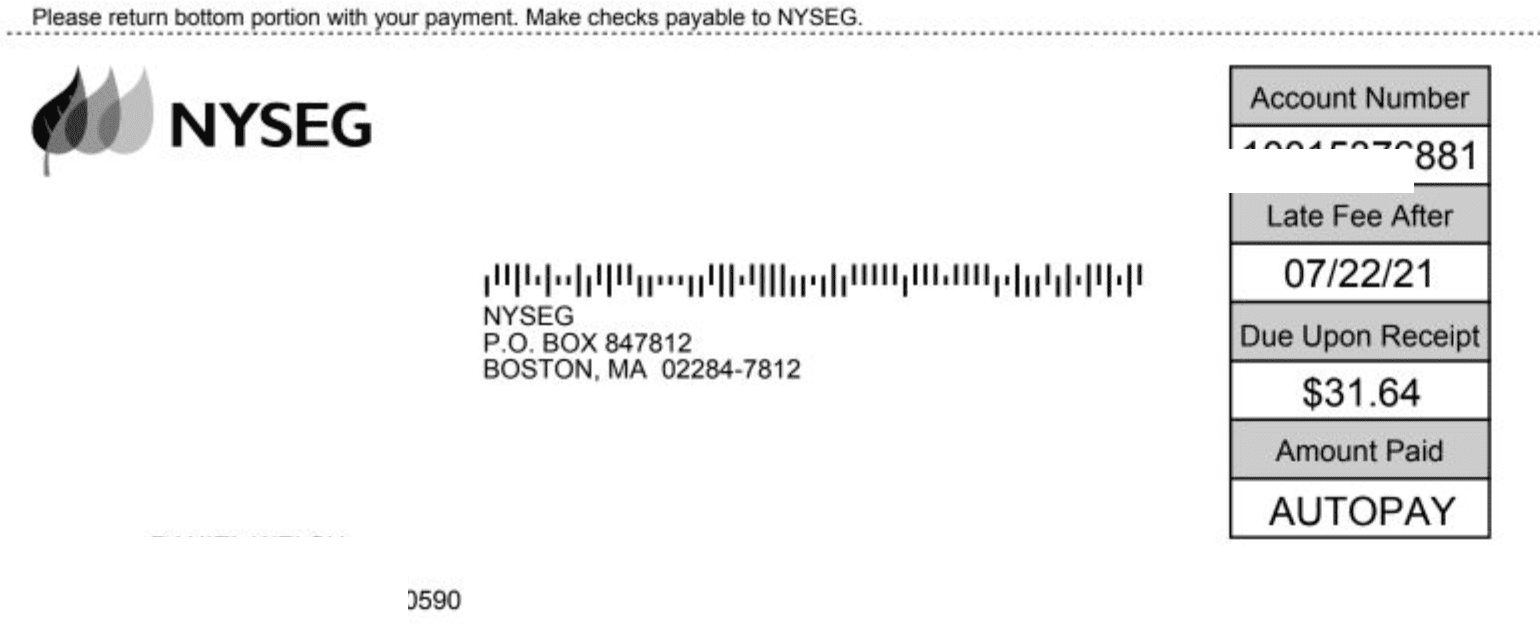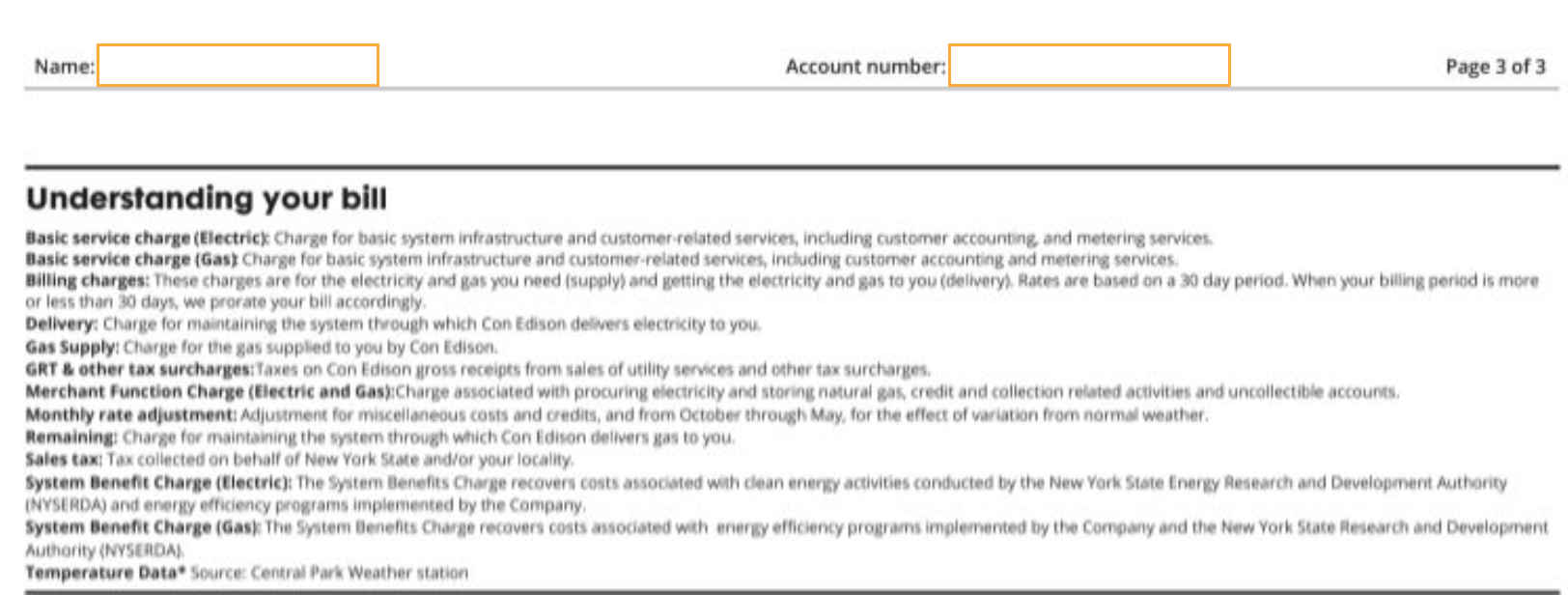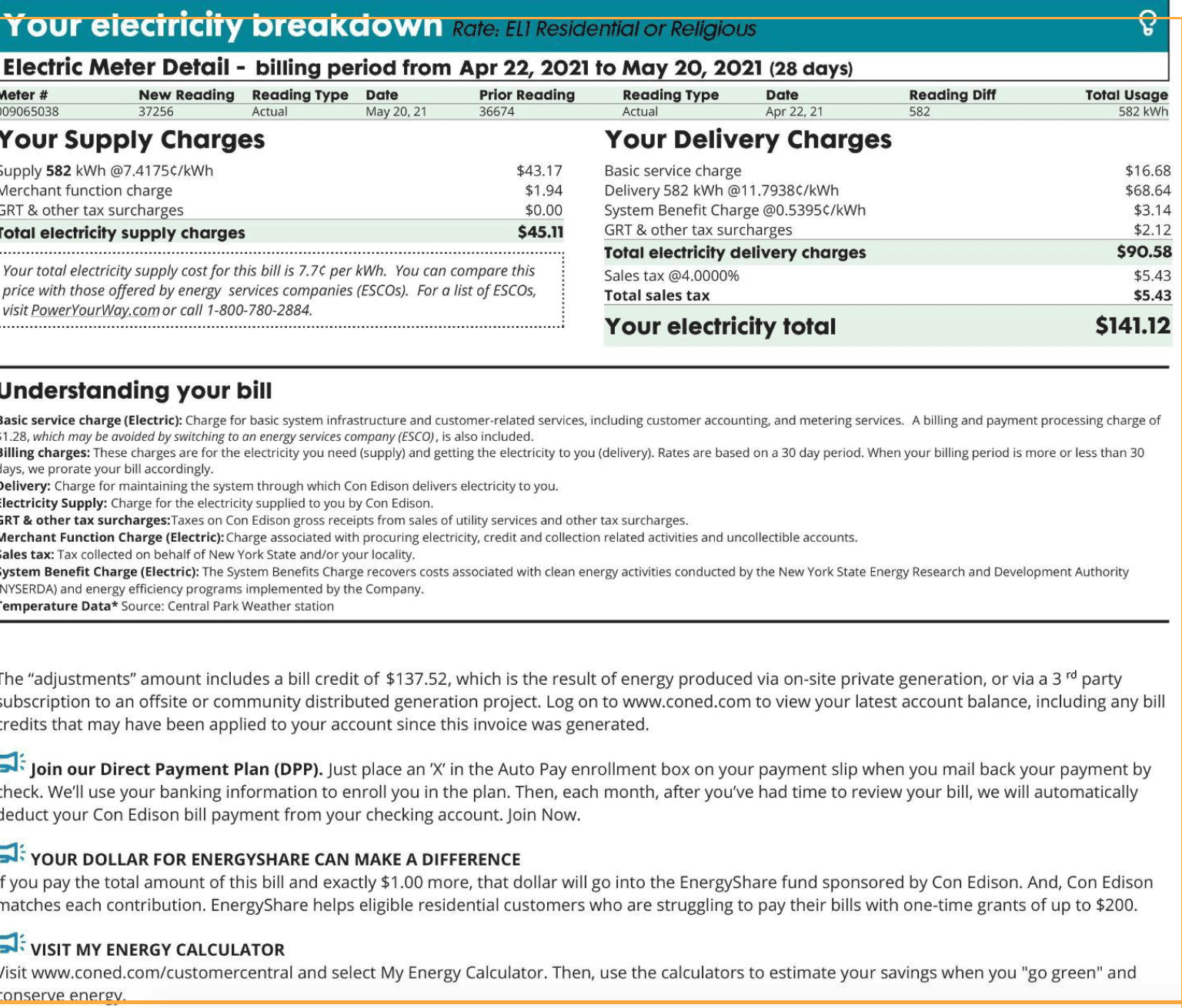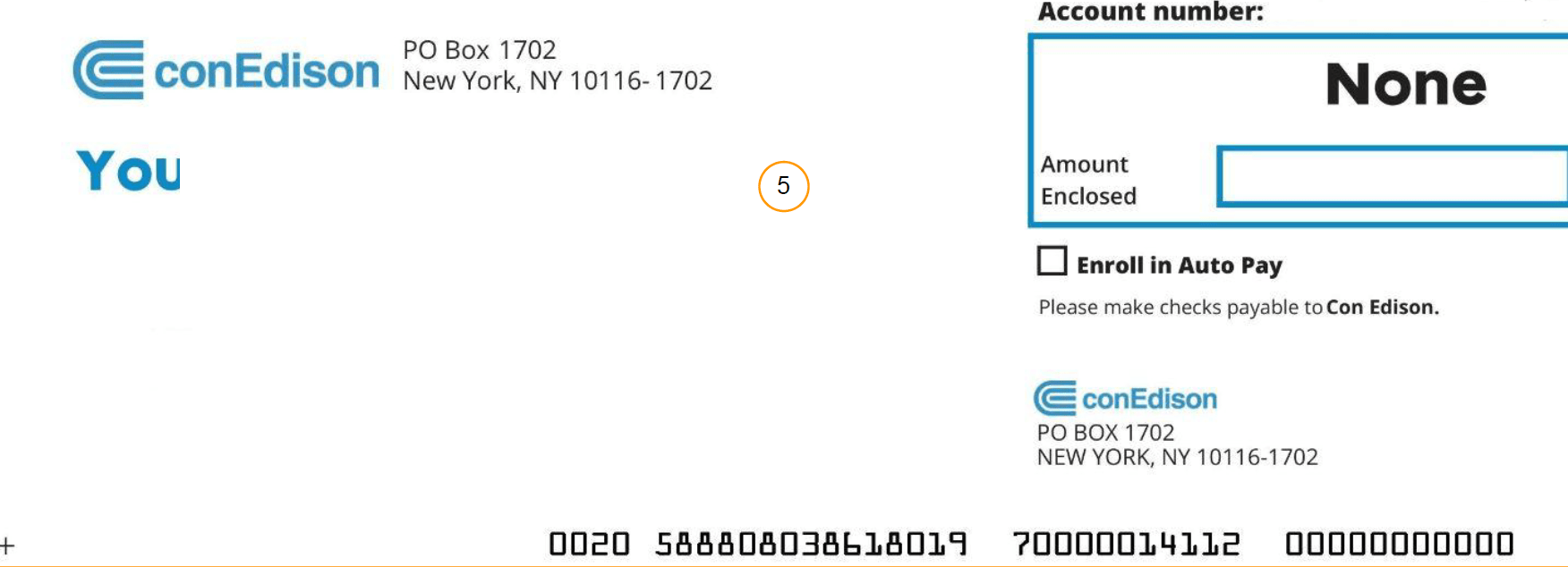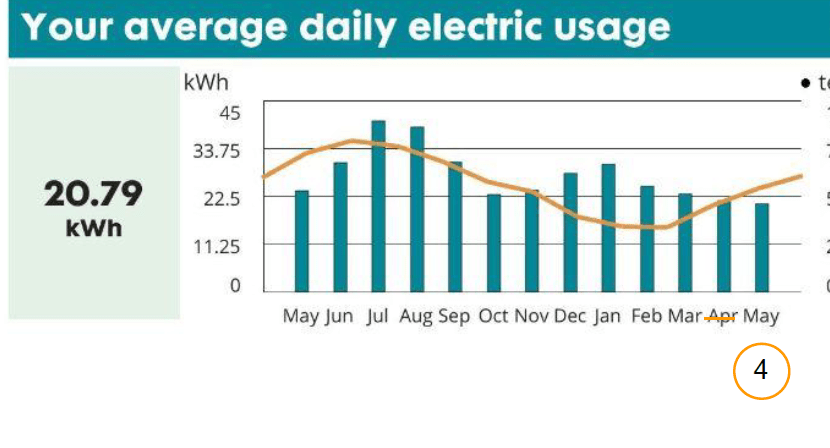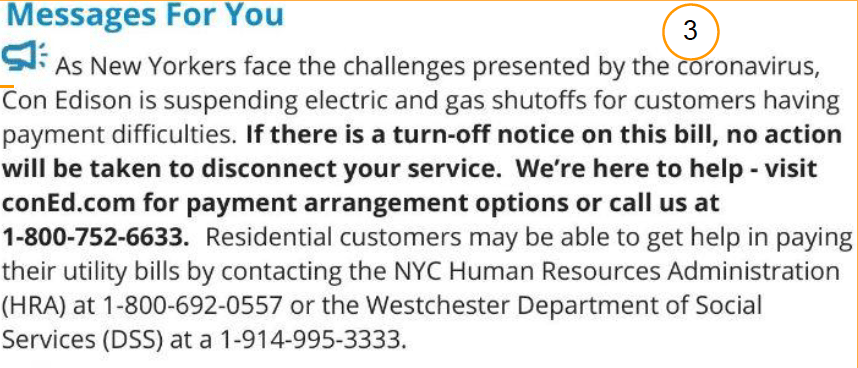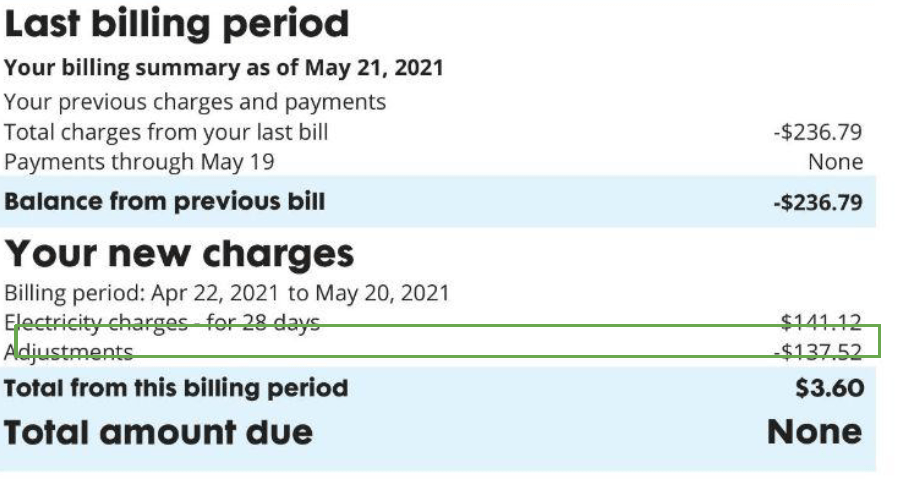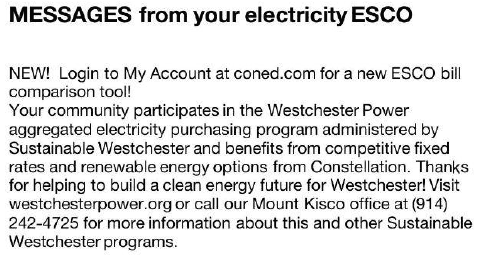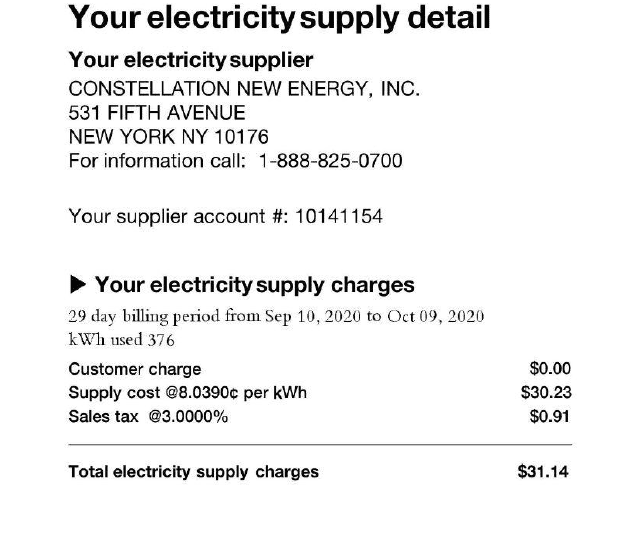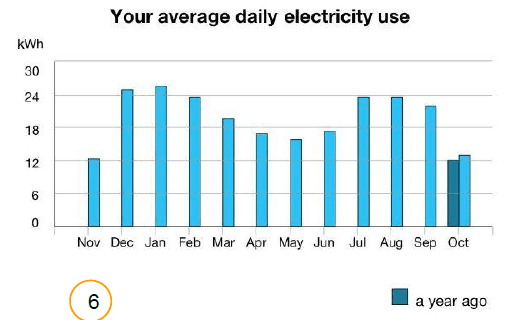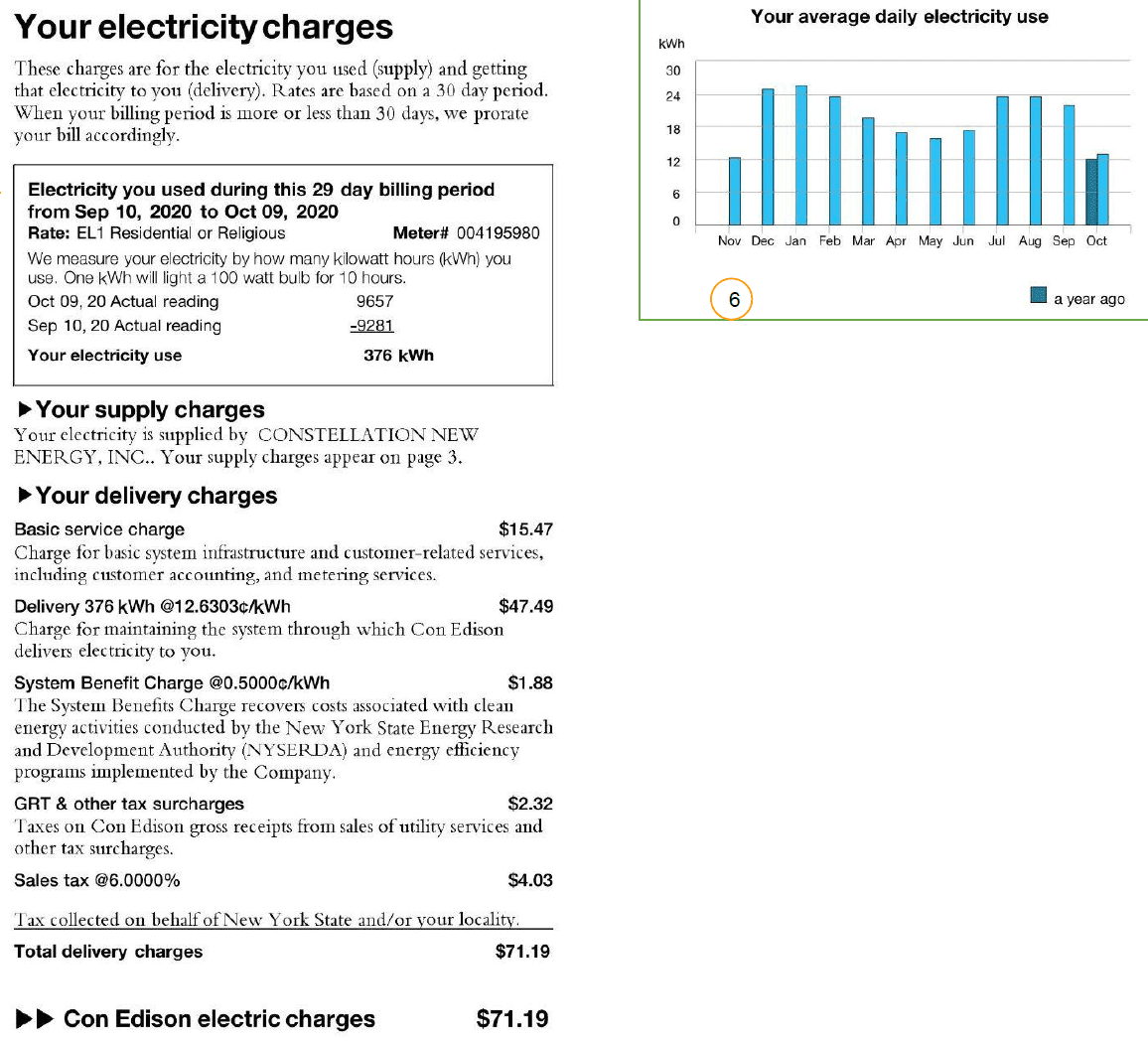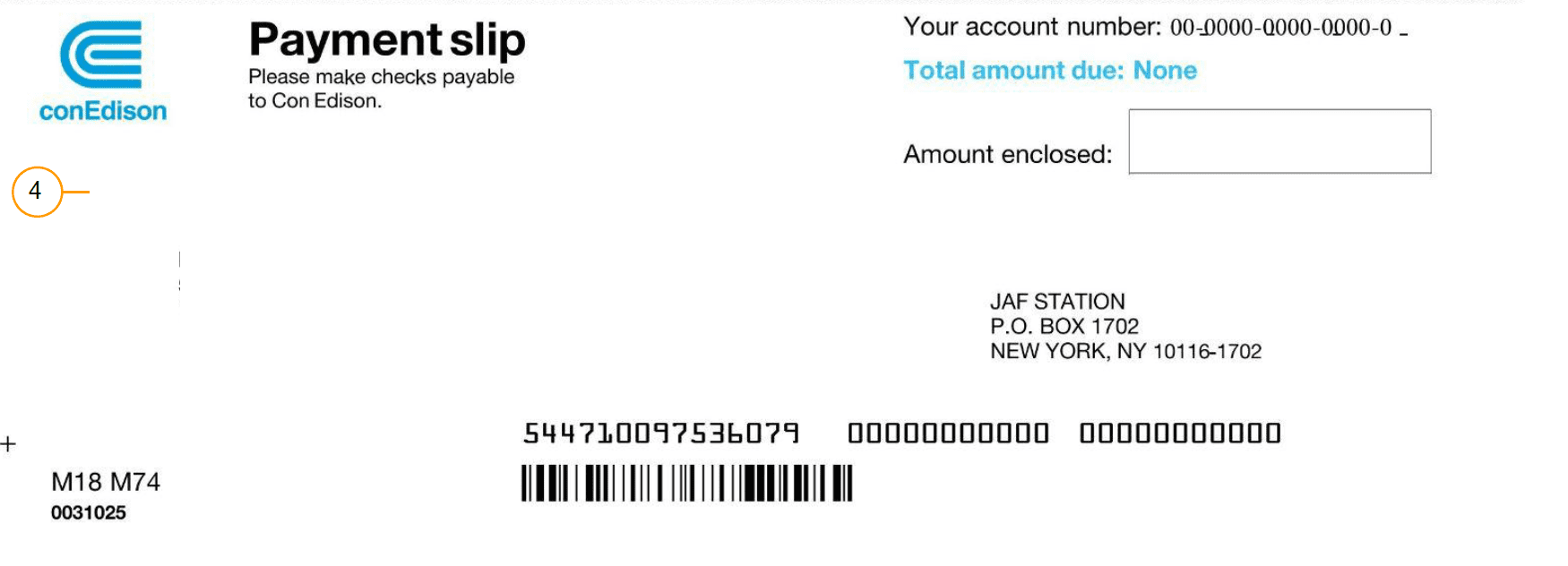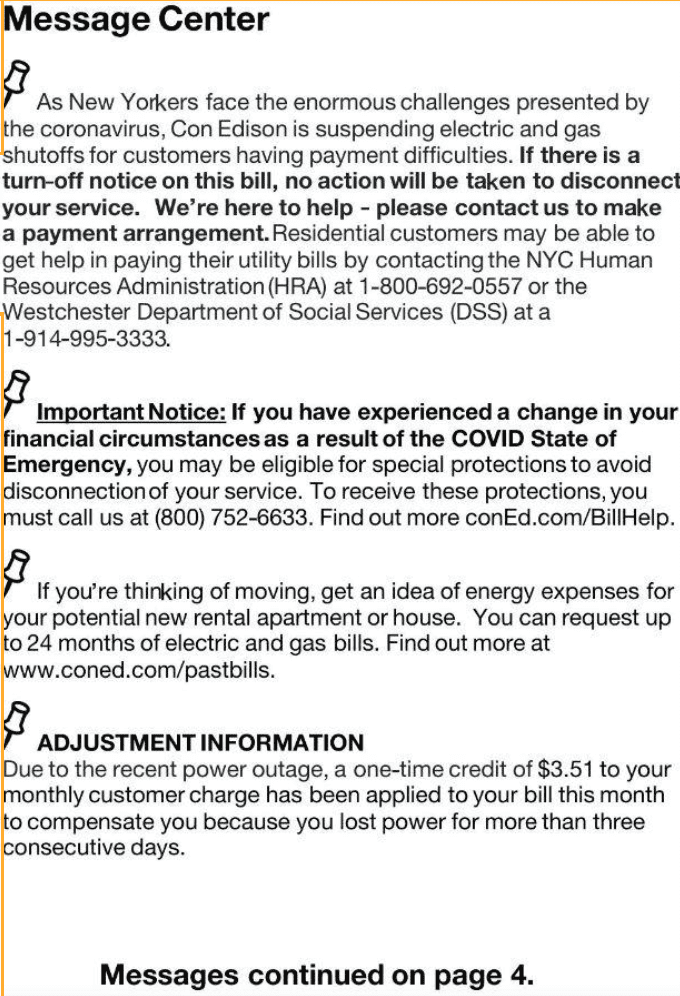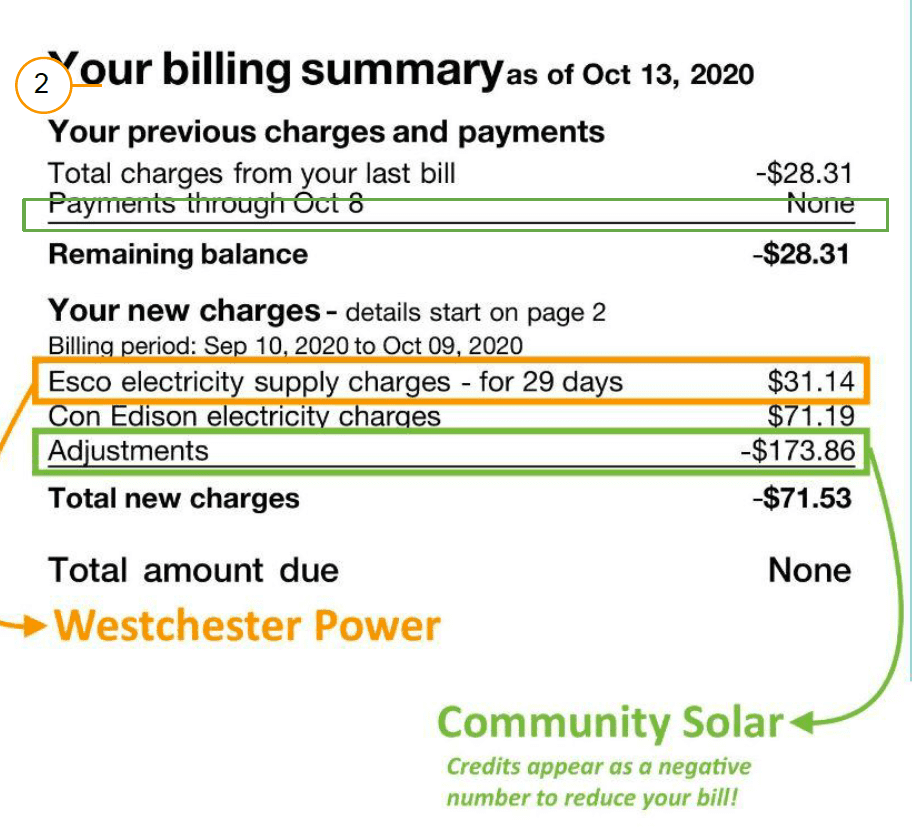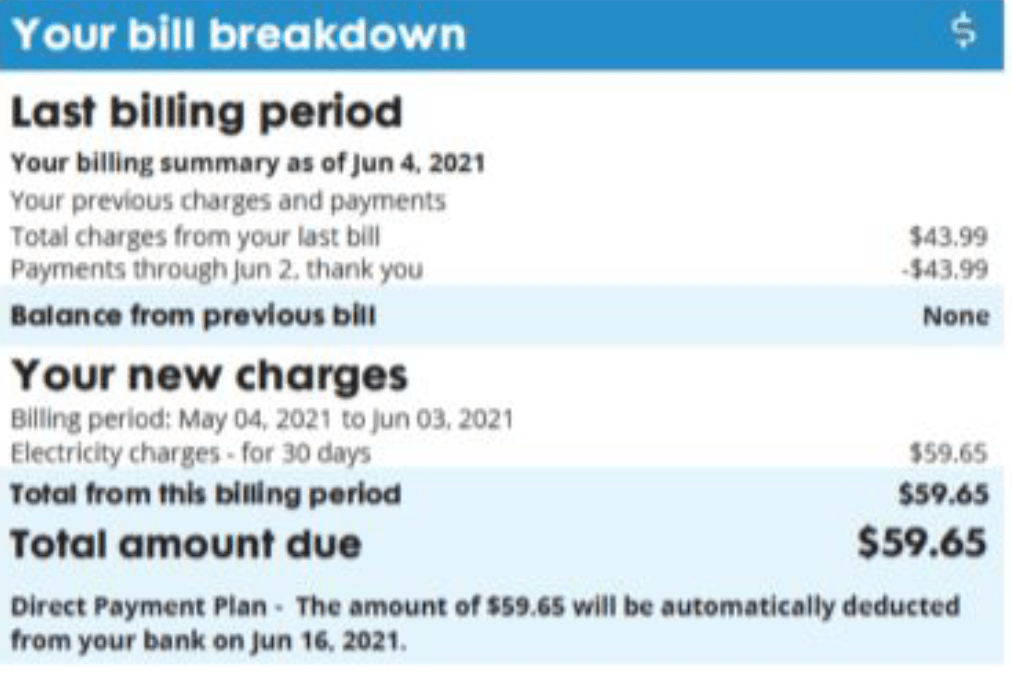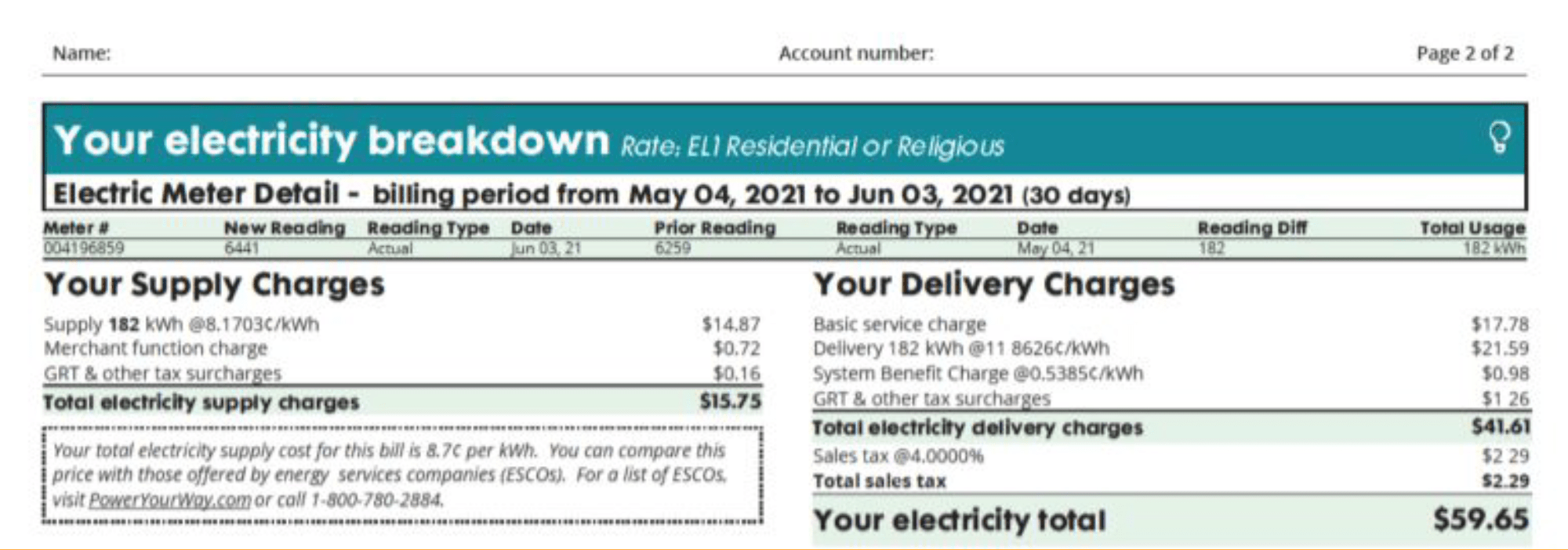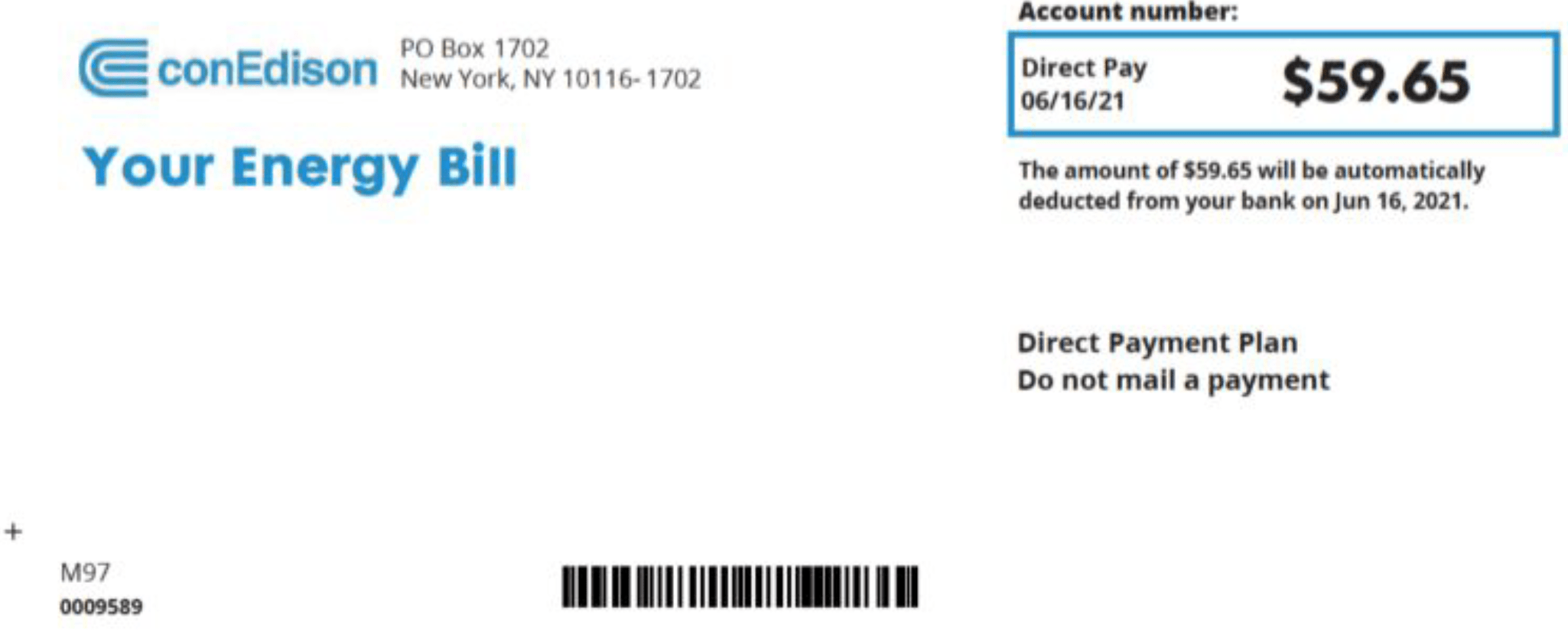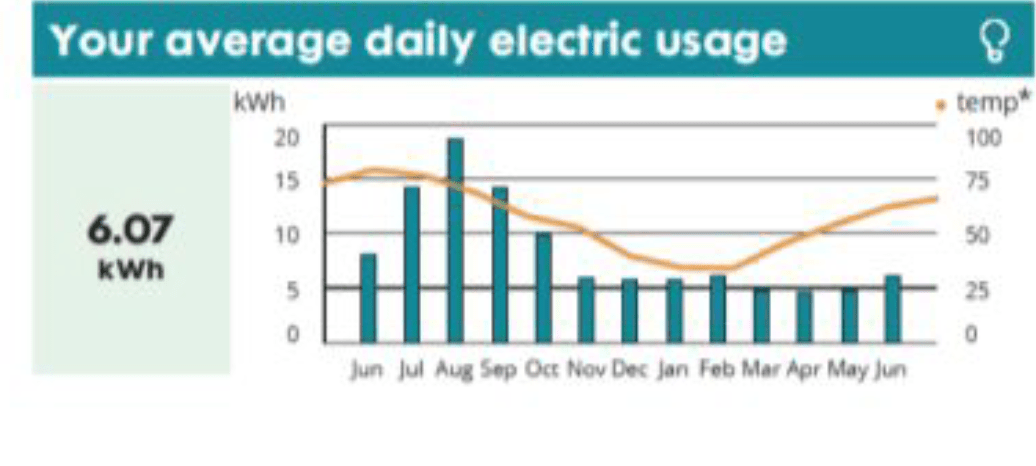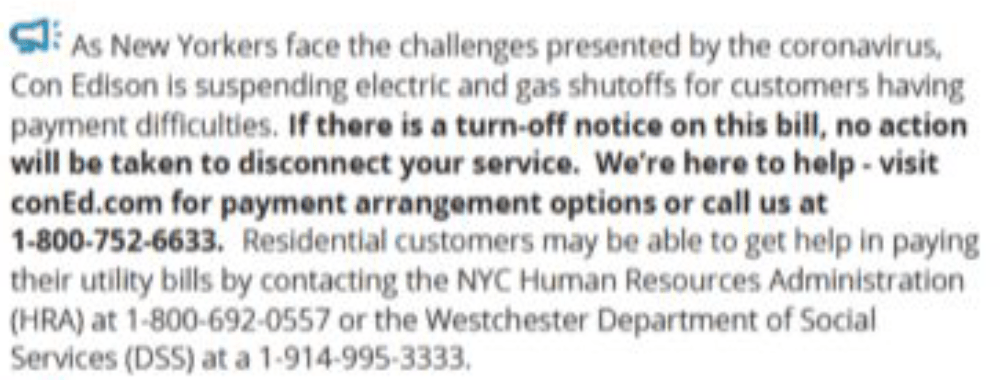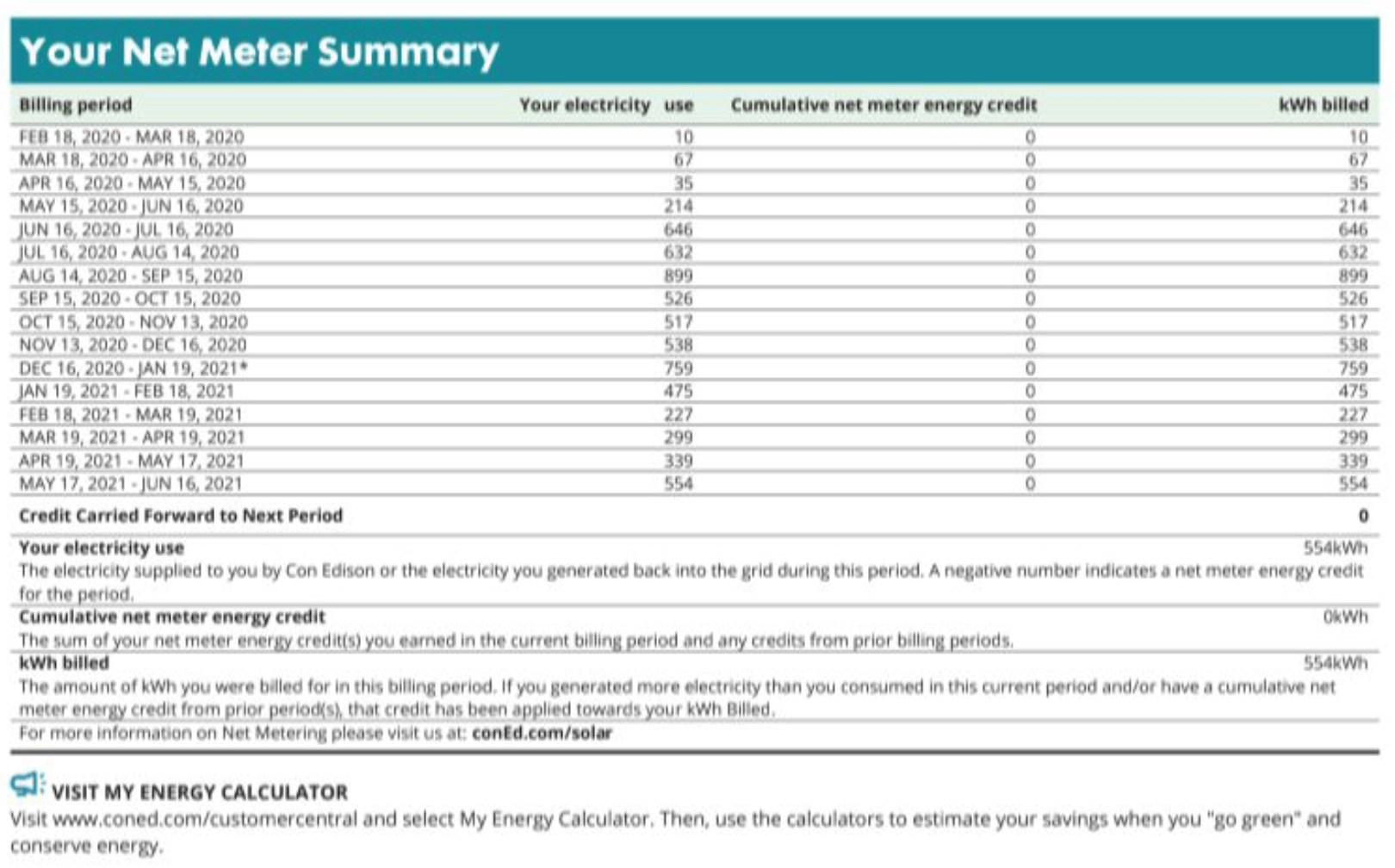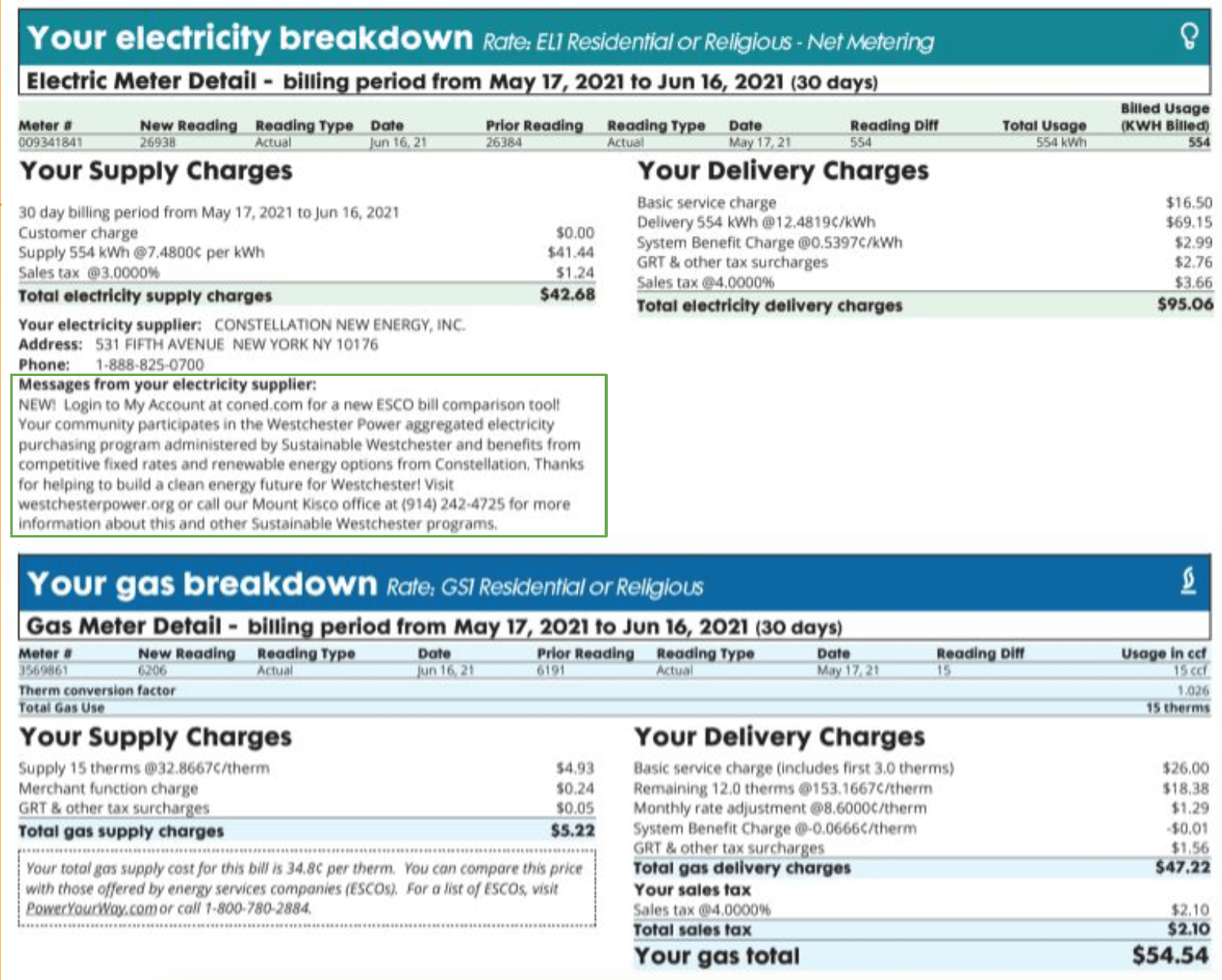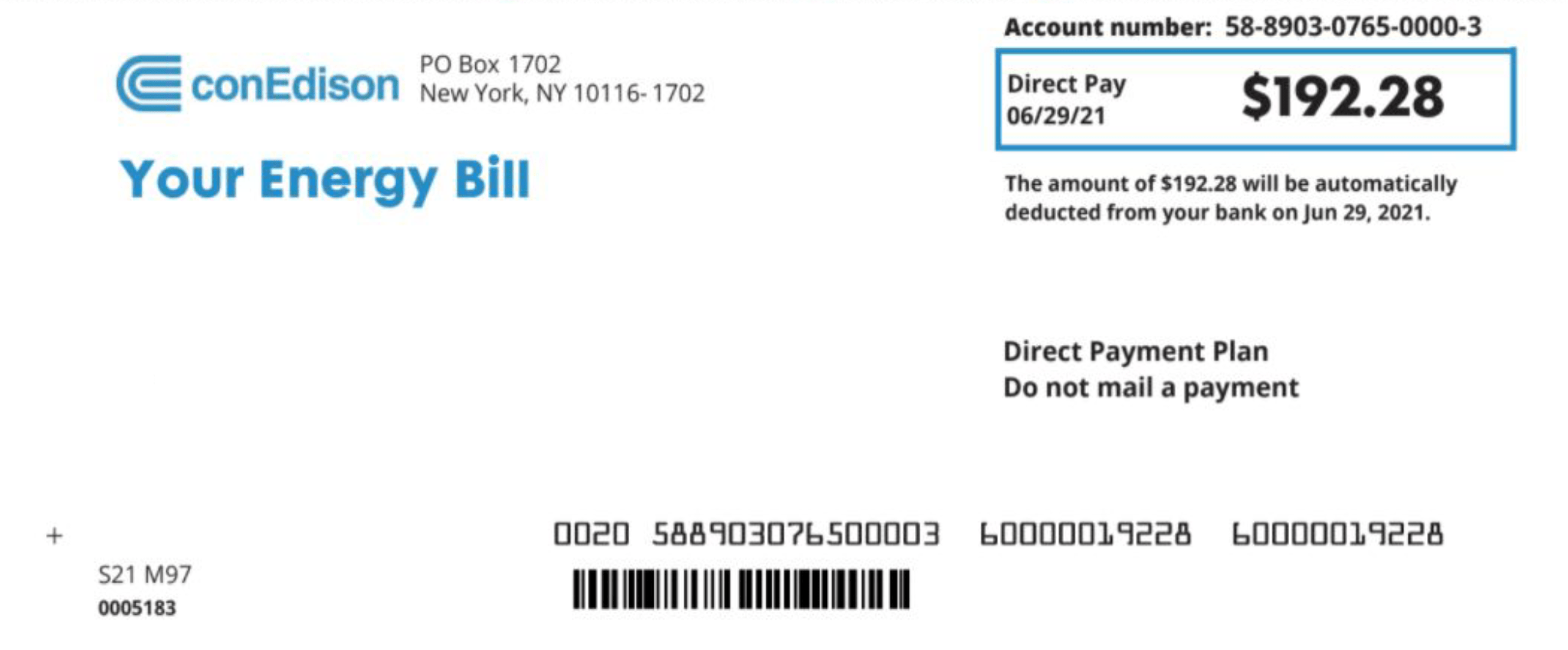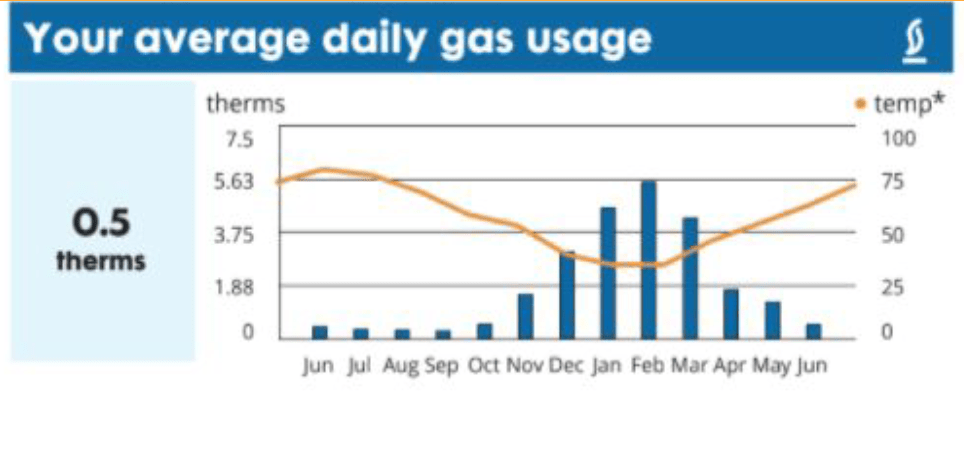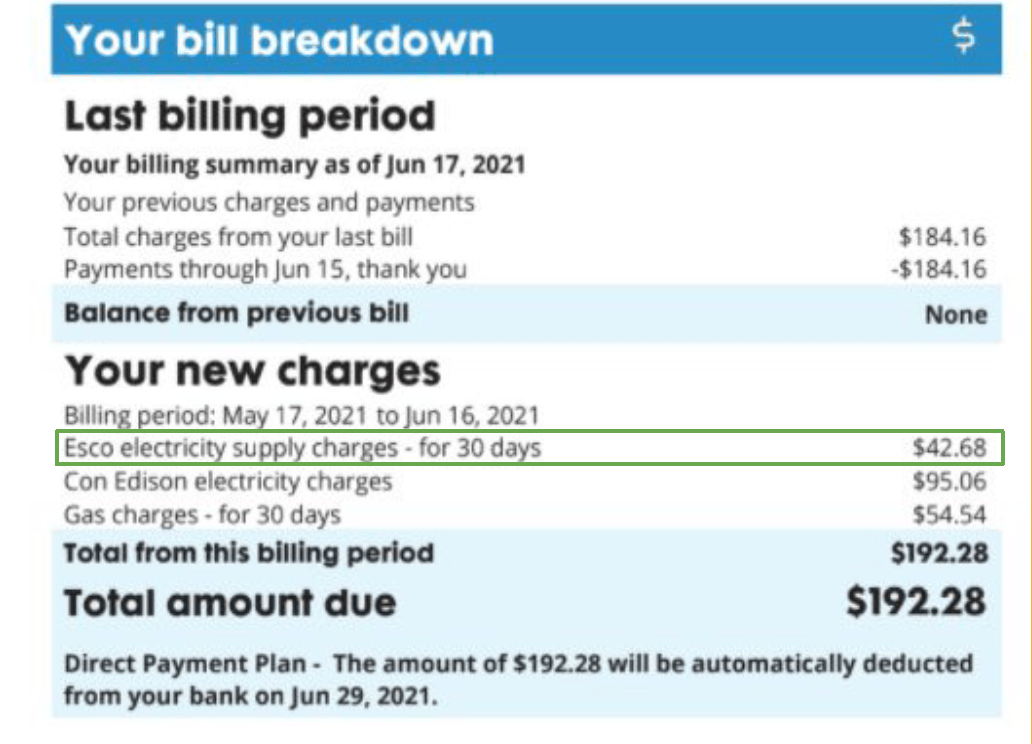Community Energy Programs:
collective power
Dan Welsh, Director Westchester Power Program
Jasmine Graham, Manager Westchester Power Program
Unless you are living off-grid and out in the wild (in which case it’s doubtful that you are reading this), you are probably consuming electricity. Electricity connects us all, but for many of us, it’s one of those everyday things that in the background
until it’s time to pay the bill.


However, with Sustainable Westchester’s Westchester Power program, communities participating in our program have decided to be purposeful, rather than passive, about their energy supply. As the pilot program for New York State, we with our participating member municipalities have provided emissions-free electricity to more than one third of Westchester County. This collective approach adds the missing democratic element to this huge piece of our economy and opens up a world of possibilities. By coming together like this, we are leading discussions with state agencies, utility and technology firms to provide savings, program enhancements and environmental benefits to our communities.
One major obstacle environmental programs have had to face are the same hidden biases still predominant in many elements of our social infrastructure. Communities of color, and those living paycheck to paycheck, have been left out in both program design and outreach. When there were benefits to be had, there were often obstacles that made these harder to access. Resources and attention tended to go to already well-resourced communities which exacerbated the experience gap. And perhaps there was also an implicit assumption that these same communities did not seek to be a part of the solution, but we know this is not true.
Suburbanization, redlining, disinvestment, and segregation have allowed wealthier communities to export their environmental problems to low-income areas and communities of color, and we at Sustainable Westchester recognize this. There is a moral imperative to address the environmental and structural racism that created these inequalities. We have built an amazing platform for clean energy, but we must now make sure that our programming is effectively inclusive by bringing opportunities to those who have been most marginalized and left out by the clean energy transition thus far.
The full integration of Community Solar into the Westchester Power program will offer a valuable opportunity to channel available bill discounts to low-income individuals. The program is expected to be in place by the second half of this year and will consult with community groups throughout the process to understand how to effectively share information and deploy this resource to maximize local benefit.
In the longer term, it is our goal to create program structures that give people a stake in newly created renewable energy generation assets. After all, it’s our power bills that ultimately pay for these facilities. That’s why we believe that as a large purchaser we should have the ability to change the rules a little.
The wealthy shouldn’t be the only ones capitalizing from this. Consumers of all income levels should be allowed to build equity in their community, or at least, gain a long-term value of some form.
With emissions-free electricity provided by the Westchester Power community energy program, as energy consumers, municipalities and their residents are helping nourish a clean energy economy. They are sending a message to friends, neighbors, and to other municipalities around New York State who are contemplating following suit that clean, emissions-free electricity is attainable but if we seek to achieve sustainability, we must first come together for a more just and equitable economy. It is only then that can we provide clean-energy solutions to all communities and, ultimately, a message that everyone can be proud of.
What will this structure look like, you ask? Well, frankly, we’re not entirely sure. Developing a well-balanced system is not a simple task, but the good news is that our size and visibility means that we can talk to leading developers and environmentalists who may have some answers. And we want to hear from you too! What do you think such an initiative would look like? We plan to organize brainstorming sessions in the community to get your ideas and opinions.

